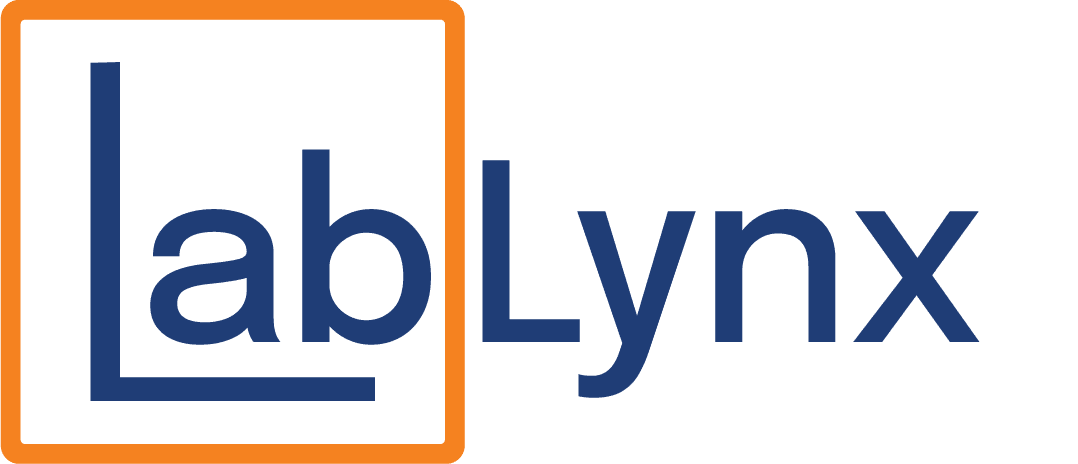Advancing Immunology Research with LabLynx LIMS Solutions
In the complex and rapidly evolving field of immunology, where researchers strive to understand the immune system to develop vaccines, diagnose autoimmune diseases, and enhance immunotherapies, efficient data management is paramount. Laboratory Information Management Systems (LIMS) have become essential tools in immunology laboratories, offering advanced solutions to streamline workflows, ensure data integrity, and facilitate groundbreaking research. LabLynx, a leader in the development of sophisticated LIMS solutions, is at the forefront of integrating these systems into immunology labs, revolutionizing their operations and significantly enhancing their research capabilities. This article delves into the role of LIMS in immunology and illustrates how LabLynx is transforming the discipline with its innovative solutions.
The Role of LIMS in Immunology
Immunology laboratories are involved in a variety of complex tasks, from studying immune responses and conducting vaccine trials to identifying biomarkers for autoimmune diseases. These tasks generate vast amounts of data that require meticulous management to ensure accuracy and reliability. LabLynx LIMS solutions provide an integrated platform that automates and manages all aspects of the immunology laboratory workflow. By optimizing operations and maintaining high standards of data integrity, LIMS solutions are indispensable in supporting immunology laboratories’ mission to advance scientific knowledge and improve human health.
Key Benefits of LabLynx LIMS for Immunology Laboratories
LabLynx recognizes the unique requirements of immunology laboratories and offers LIMS features specifically designed to address these needs:
- Streamlined Sample Management: LabLynx LIMS simplifies the tracking and management of samples, ensuring efficient processing and analysis. This is crucial for maintaining the integrity of immunological assays and experiments.
- Automated Data Capture and Analysis: Integration with analytical instruments and systems enables LabLynx LIMS to automate data capture, minimizing manual entry errors and streamlining the analysis process. The system also provides powerful data analysis tools, essential for interpreting complex immunological data.
- Regulatory Compliance and Quality Control: LabLynx LIMS includes comprehensive features to ensure compliance with regulatory standards, such as CLIA, CAP, and GLP. The system facilitates quality control processes, ensuring that all laboratory activities meet the highest standards of quality and safety.
- Customizable Reporting: LabLynx LIMS allows immunology laboratories to generate customized reports that meet the specific needs of researchers and clinicians. This flexibility enhances the communication of research findings and supports informed decision-making.
- Scalability and Flexibility: Given the dynamic nature of immunology research, LabLynx LIMS is designed to be both scalable and adaptable. It can accommodate increasing sample volumes, adapt to new research methodologies, and integrate with emerging technologies, ensuring that laboratories can evolve without being constrained by their information management system.
LabLynx: Leading the Way in Immunology LIMS Integration
LabLynx stands out as a leader in integrating LIMS solutions tailored for the immunology sector. By leveraging its deep expertise in laboratory workflows and data management, LabLynx has developed LIMS solutions that not only meet the specific demands of immunology labs but also drive innovation in immunological research.
The integration of LIMS in immunology laboratories signifies a major advancement in the field, offering unprecedented levels of efficiency, accuracy, and innovation. As a pioneer in this integration, LabLynx is setting new standards for excellence in immunology research. With LabLynx’s LIMS, immunology laboratories are better equipped to navigate the complexities of modern research, paving the way for new discoveries and advancements in understanding and treating immune-related diseases.


